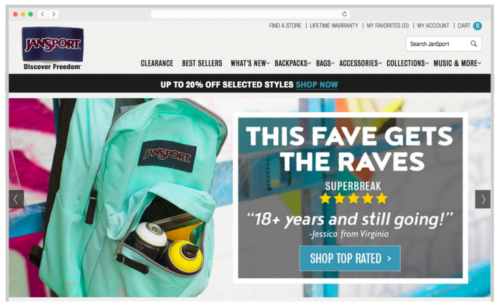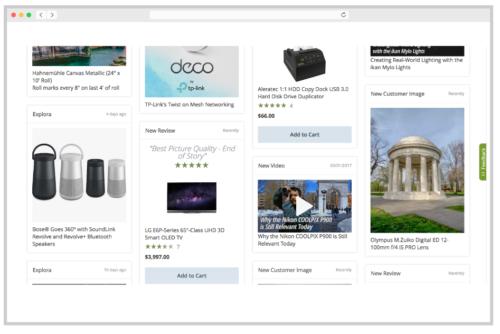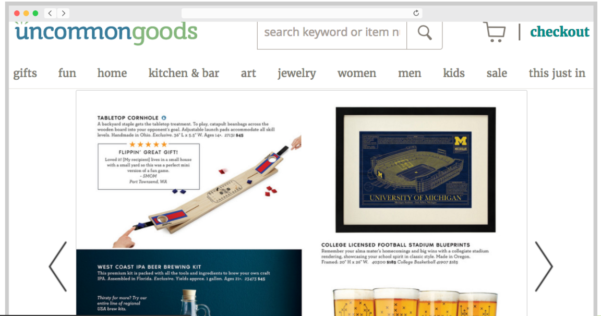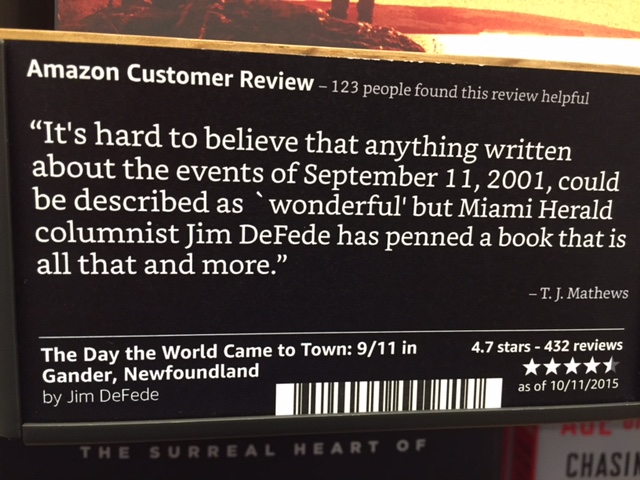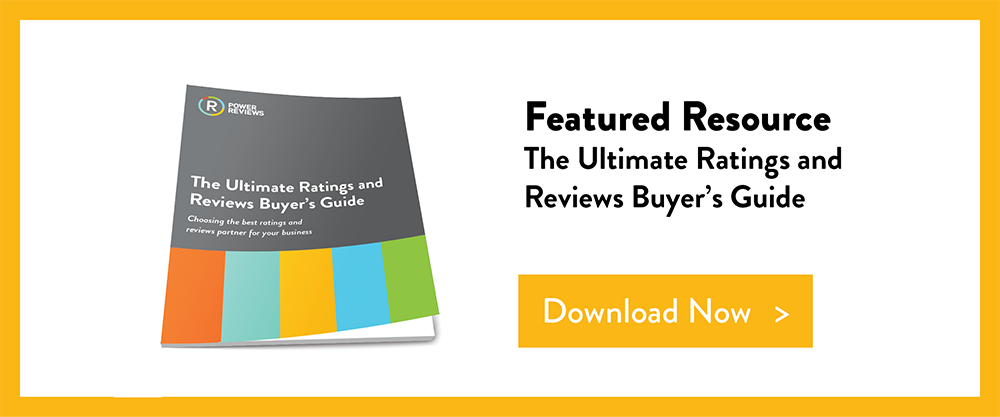The following is a guest post from Lesli Esposito, Partner and Co-Chair of the Antitrust Group at DLA Piper.
How the Administration Views Consumer Protection and Reviews
User-generated content — including reviews, images and videos — has become an expected part of the path to purchase. PowerReviews research found that 86% of consumers consider reviews an essential resource when making purchase decisions.
In addition to helping consumers make informed purchases, user-generated content can be a valuable tool for helping businesses drive traffic and sales — especially when this content is of a positive nature. And some businesses can be tempted to modify user-generated content in their favor in order to attract — and convert — more shoppers. However, the Federal Trade Commission, which oversees consumer protection, actively works to prevent companies from engaging in this harmful and fraudulent behavior.
Earlier this month, the PowerReviews team invited me to present their monthly webinar. During the webinar, I shared some recent developments in consumer protection when it comes to reviews, as well as practical do’s and don’ts to help ensure businesses don’t break their customers’ trust — or the law.
Recent Developments: Consumer Review Fairness Act
If you’re not familiar with the Consumer Review Fairness Act (CRFA), now’s the time to get acquainted. The CRFA is a new federal law that, according to the FTC’s website, “protects people’s ability to share their honest opinions about a business’ products, services, or conduct, in any forum, including social media.” The law does this by prohibiting certain things, including:
- Contract provisions that bar or otherwise restrict a person’s ability to provide a review of the company’s products, services or conduct
- Contract provisions that impose a penalty or fee if someone gives a review
- Contract provisions that require a reviewer to give up their intellectual property rights in the content of their reviews
In other words, the law ensures that companies can’t prohibit consumers from writing reviews, or penalize them for doing so. And, it’s worth noting, that for the purposes of this law, a review is defined as comments regarding a product or customer service and includes online reviews, social media posts, photos and videos.
Though it’s generally a best practice to avoid deleting negative reviews, there actually are a few circumstances when you should remove reviews, including if the review:
- Contains confidential or private information
- Is libelous, harassing, abusive, obscene, vulgar or sexually explicit
- Is “inappropriate” with regard to race, gender or ethnicity
- Is unrelated to the company’s products or services
- Is clearly false or misleading
The penalties for breaking this law include financial penalties, court orders, and consent orders (with reporting requirements), so it’s important for businesses to ensure they have measures in place to comply.
Practical Advice: The Do’s and Don’ts of Reviews
The good news is, complying with this new law isn’t hard to do. The key is to maintain transparency and authenticity.
I wrapped up the webinar by sharing some practical advice for brands and retailers. Read on to learn the do’s and don’ts I shared for being compliant — and transparent — when it comes to reviews.
8 Do’s for Reviews
In order to protect consumers — as well as the trust you’ve worked hard to earn — make sure your business does these eight things.
- Remove provisions in contracts with consumers that restrict a customer’s right to give a review or penalize a customer for giving a review, including negative reviews
- Remove provisions that require reviewers to give up their IP rights to the content of their reviews or claim copyright over someone’s review
- Remove reviews that contain confidential or private information
- Remove reviews that are libelous, harassing, obscene, inappropriate as to race, gender, ethnicity
- Remove reviews that are unrelated to a product or customer service
- Remove reviews that are clearly false or misleading
- Disclose material connections with endorsers
- Ensure all claims are substantiated
8 Don’ts for Reviews
There are also eight things brands and retailers should avoid when it comes to reviews. Make sure you don’t:
- Restrict a customer’s ability to review a product or customer service
- Penalize a customer for giving a review, including a negative review
- Claim copyright over the contents of a customer’s review
- Remove negative reviews
- Post false reviews
- Fail to disclose material connections in a clear and conspicuous manner
- Blame social media constraints for failing to disclose
- Ignore state or foreign laws
Watch the On-Demand Session Now
Curious what else I covered during the webinar? You can watch the on-demand session now.
About the Author

Lesli C. Esposito focuses on complex commercial litigation and government investigations, concentrating in the fields of antitrust and consumer protection. She represents a wide range of corporations, as well as individuals, as both plaintiffs and defendants.
Lesli has extensive experience litigating antitrust and consumer protection matters in both federal and state courts, as well as representing parties in class actions. She also has extensive experience representing clients in antitrust and consumer protection government investigations, including investigations conducted by the Department of Justice, Federal Trade Commission, Consumer Financial Protection Bureau, Department of Transportation, Federal Aviation Administration and state Attorneys General.
She represents clients in a variety of industries, among them pharmaceuticals, healthcare, consumer products, telemarketing, oil and gas, mortgage lending and legal services. Her matters have involved a wide range of claims, including but not limited to allegations of price fixing, abuse of monopoly power, conspiracy, false advertising, and tortious interference, as well as alleged violations of various FTC, FCC and FDA regulations, such as the Telephone Consumer Protection Act.





